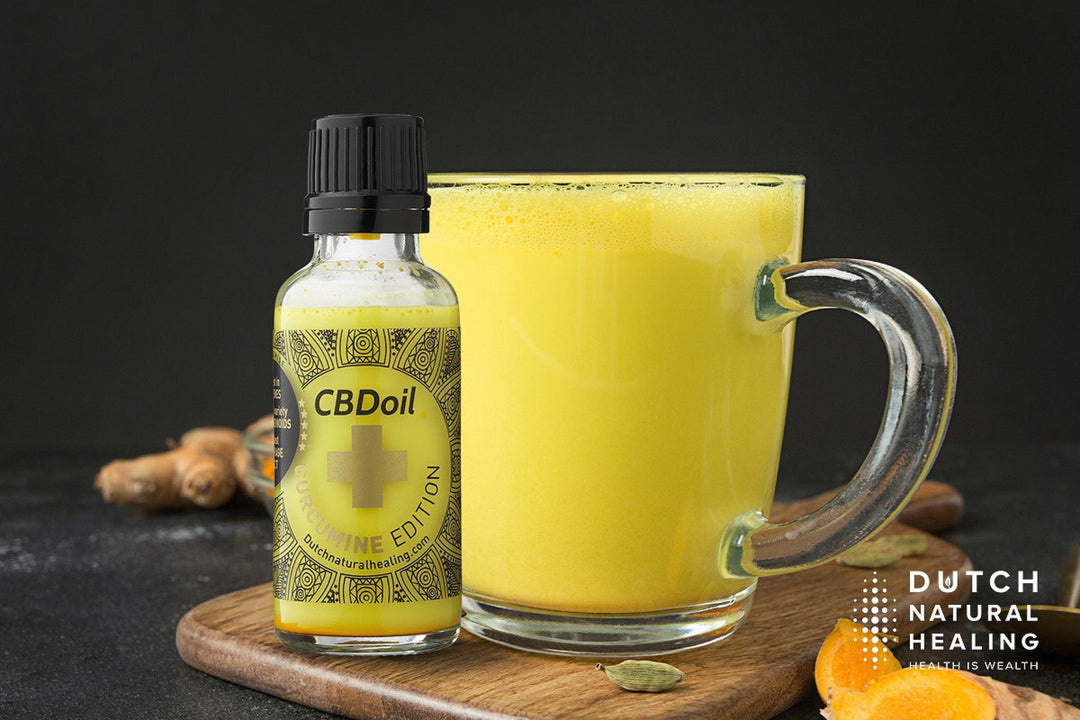It might be advisable to read up on the substances CBD might interact with; before you mix medication. Because although it’s impossible to overdose on CBD oil. The plant’s substance can still impact the way your body processes certain medicines and toxines. Sometimes with dangerous consequences as a result. So this is what you need to know about CBD oil and the possible interaction with medication:
Metabolizing medication
As you might know, substances like medicines, toxines and natural supplements like CBD oil, need metabolization to be processed by the body. Generally, this process consists of two phases. In phase I, a reaction happens to make the substance polar (water-soluble), if needed. This happens by oxidation, reduction or hydrolysis. During phase II, the substance is conjugated through acetylation or methylation. This greatly increases the water-solubility and polarity of the medication or toxine, for example. Which eases excretion of the substance through the kidneys and gall.
Simply speaking, this process makes it easier for the body to break down the matter. And while most medicine is metabolized by the liver; other organs can also be involved in this process. Including the skin, digestive system, lungs, brain and kidneys - to name a few.
Cytochrome P450 system
One of the body’s systems responsible for processing ‘foreign substances’ is the cytochrome P450 enzyme system. A group of 57 different enzymes (also known as CYP, P450 or CYP450) of which 15 are used to break down (foreign) substances. This includes certain medication and toxines - besides natural components including CBD and other cannabinoids. Apart from metabolizing medicines, toxines, natural substances and other foreign substances; these enzymes are also involved in other physiological processes like the oxidation of fatty acids.
It should be noted that every person reacts differently to a certain dose of medicine or natural supplements, though. Because the capacity of the P450 enzymes varies per individual, too. This means that the rate in which a substance is broken down and excreted, influences the concentration of it in the body. Thus possibly impacting the way it affects the body as a result.
Inhibition of P450 enzyme function
Moreover, some natural substances are known to inhibit the CYP-enzyme function as well. Logically speaking, consuming them while taking medication could increase the blood levels of certain medicine - or that of other substances - broken down by this enzyme.
When this is controlled, it might be a good thing. Considering that you might need less of a certain substance to reach the same effect. Though in uncontrolled circumstances, it could be a bit more risky. As it could unknowingly increase the concentration of certain medication in the blood; increasing the risk of experiencing negative or heavy side-effects as well.
CBD and chemotherapy
As it appears, Cannabidiol (CBD) is one of the natural substances that inhibit the P450 enzymes. Seeing these are responsible for breaking down certain medication in the body; using large doses of CBD could impact the concentration of a number of substances in the blood.
For example, CBD inhibits P450 enzymes from breaking down cytostatic medication. This includes most forms of chemotherapy. And considering the fact that the therapeutic and fatal doses of chemo often aren’t far apart; it might be advisable to not use large amounts of CBD oil during chemotherapy.
Other medicines CBD might interact with are:
- Anti-epileptics
- Antidepressants
- Beta blockers
- Antipsychotics
- Benzodiazepines
- Statines
- Blood thinners
- Steroids
- NSAIDs
- Antibiotics
It is advised to take care with CBD dosing when using aforementioned medication. Obviously, it is always a good idea to discuss the use of CBD with your doctor or physician, especially when taking other medication. As you’re used to, our highly experienced customer service is available for advise too!



